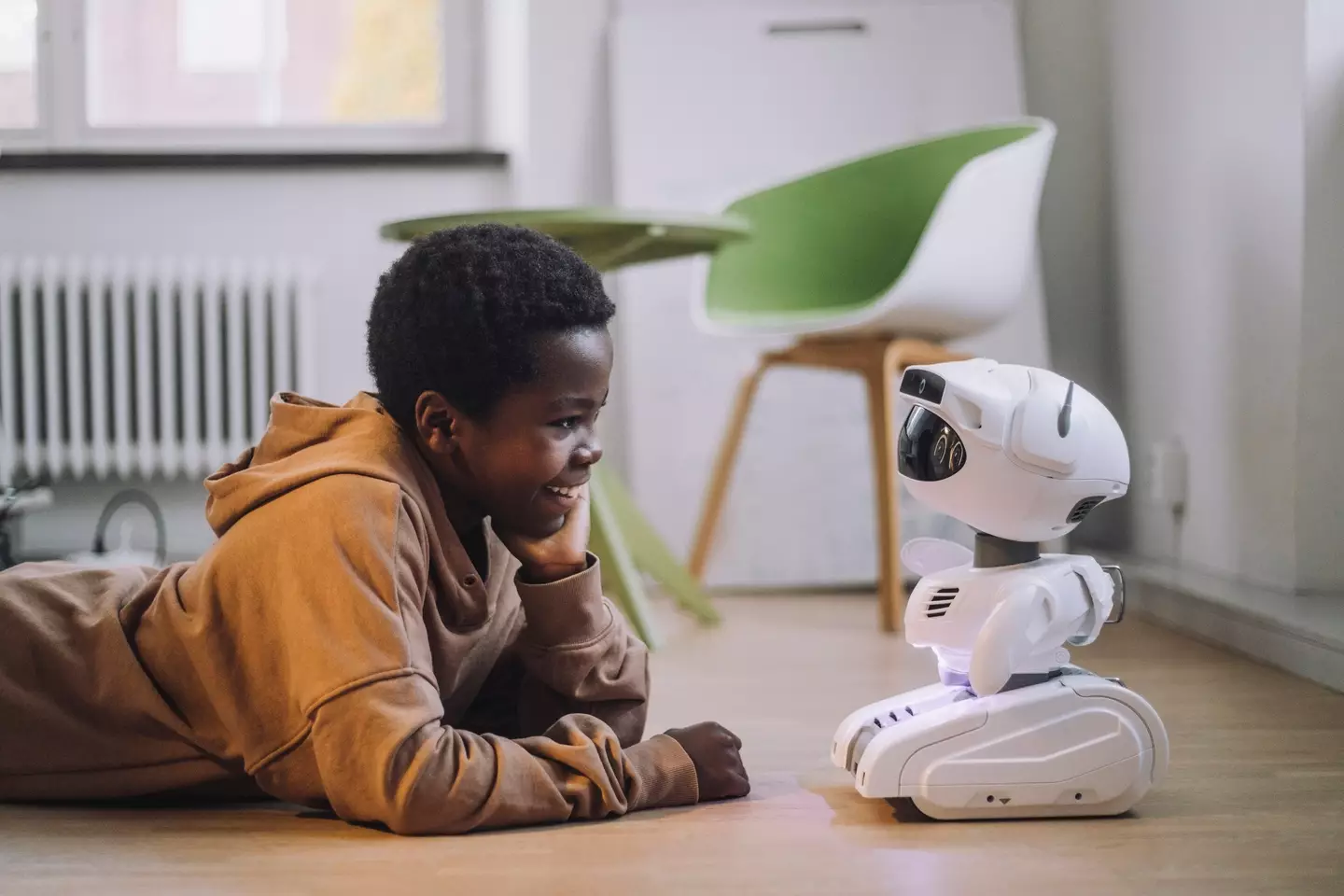
Generation Beta follows the lineage of Gen Z (1996-2010) and Millennials or Gen Y (1981-1996). Prior generations include the Baby Boomers (1946-1964) and Gen X (1965-1980).
The digital age has fueled a noticeable rivalry between Millennials and Gen Z, while Boomers often bear the blame for problems like the housing crisis and climate change.

Generation Beta is set to inherit a world with advanced technology and ongoing societal issues. Social researcher Mark McCrindle, who introduced the term ‘Generation Alpha’, noted that this upcoming generation will face significant societal shifts.
He explained: “With climate change, global population shifts, and rapid urbanization at the forefront, sustainability will not just be a preference but an expectation.”
McCrindle anticipates that by 2035, Generation Beta will represent 16 percent of the global population and will thrive in a world dominated by artificial intelligence.
He envisions a future where digital and physical realms are seamlessly integrated, with AI deeply woven into daily life, from education to healthcare and entertainment.

McCrindle also suggests that Gen Z parents might alter social media use in comparison to previous generations. He notes that while millennials use technology as a tool in parenting, Gen Z is likely to have a more cautious approach to their children’s screen time.
Another expert, Jason Dorsey, predicts that Generation Beta will learn about the Coronavirus pandemic in history lessons, with climate change continuing to hold significant importance for them.
The announcement of Generation Beta has sparked reactions online, with many criticizing the name and expressing reluctance about their children being part of this generation. One person commented: ‘My kids will be beta, nooooo’.
Another Twitter user added: “Not having a child until after 2039. I’ll be damned if my son is a beta male.”
